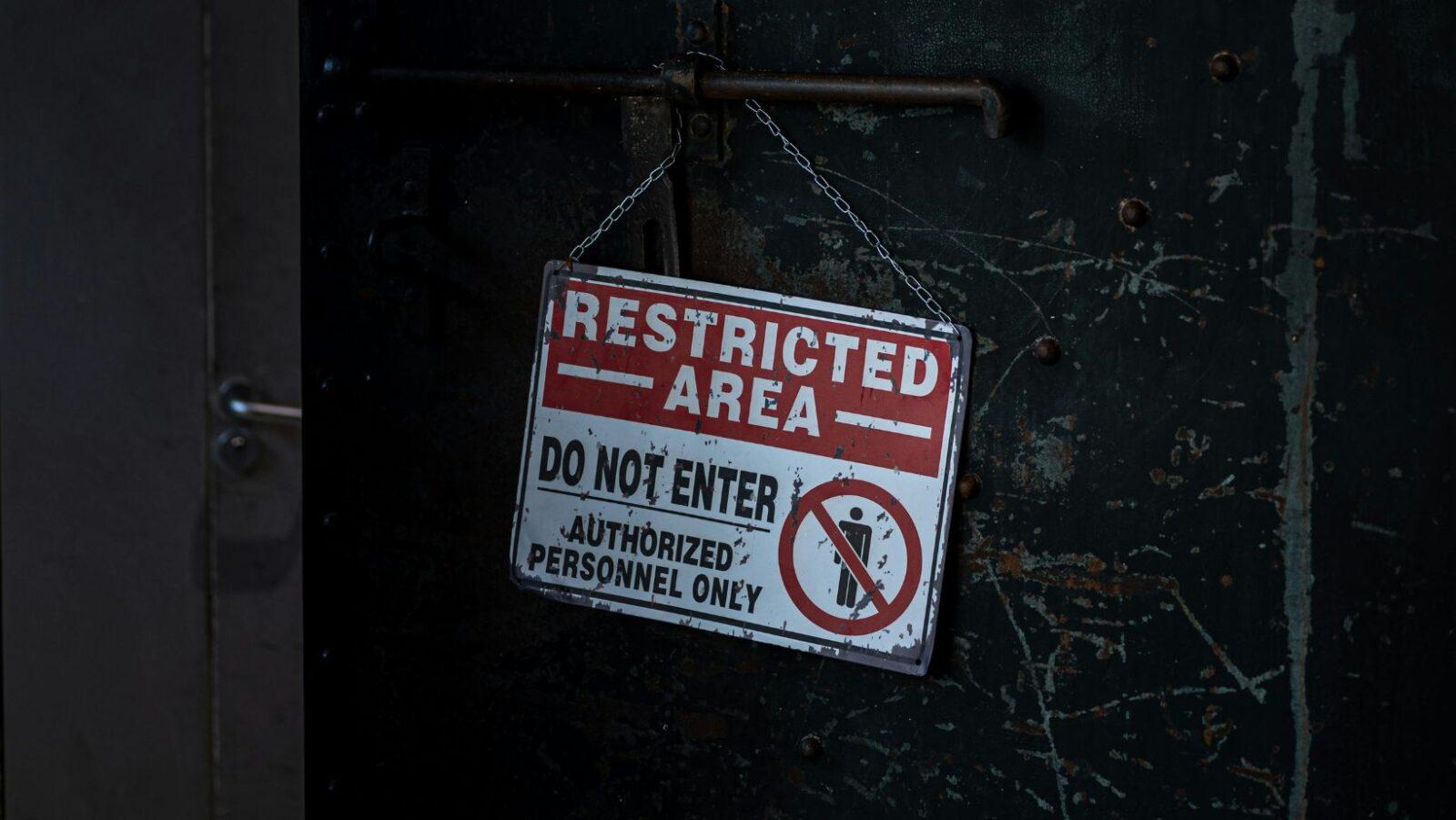Probiotic drinks (such as the ever-popular Yakult) are a staple in virtually any Filipino household. Often called “good bacteria,” probiotics are live bacteria consumed to improve digestion and gut health.
However, two recently published studies in the journal Cell cast a slight shadow of doubt over these oft-repeated health claims.
“Okay ka ba, tiyan?”
In one study, researchers gathered information from 15 volunteer subjects who either ingested a product with 11 probiotic strains or a placebo over four weeks. Before and after taking the probiotics or the placebo, the participants underwent colonoscopies and upper endoscopies. During these procedures, the researchers took samples from within their guts.
The findings showed that only six of the participants had probiotics in their guts. The rest who took the probiotics resisted them; the bacteria was merely expelled from their system via their stool.
“Although all of our probiotic-consuming volunteers showed probiotics in their stool, only some of them showed them in their gut, which is where they need to be,” stated co-senior author Eran Segal, a computational biologist at Israel’s Weizmann Institute of Science. “If some people resist and only some people permit them, the benefits of the standard probiotics we all take can’t be as universal as we once thought.”
In other words, it may be inaccurate to claim that probiotics are equally beneficial for everyone.
“This suggests that probiotics should not be universally given as a ‘one-size-fits-all’ supplement,” added Eran Elinav, an immunologist at the Weizmann Institute and study co-senior author.
This doesn’t necessarily mean that probiotics provide no actual benefits, though. In fact, the researchers theorize that based on the microbes already existing in a person’s gut, customized treatments may allow the consumer to maximize the benefits of probiotics.
Probiotics and antibiotics
The other study, however, presents slightly less positive findings.
In a separate experiment, the same group of researchers examined 21 healthy volunteers. The participants in the second study took broad spectrum antibiotics prior to ingesting probiotics. The study authors observed delayed restoration of the participants’ normal gut microbiome. These findings suggest that probiotic consumption may actually hinder post-antibiotic gut bacteria recolonization.
As Elinav explained: “Contrary to the current dogma that probiotics are harmless and benefit everyone, these results reveal a new potential adverse side effect of probiotic use with antibiotics.”
It is worth noting that the authors did not look into whether probiotics helped alleviate gastrointestinal symptoms, as well as other clinical outcomes. Furthermore, both studies are rather small in scale. Definitively confirming their results would require more research.
However, regardless of what future studies may show, it is apparent that these so-called “good bacteria” may not actually as universally beneficial as they are often advertised to be.
The pro-probiotic side
Previous studies have shown that probiotic consumption may lower the risk of certain diseases such as heart disease and cancer.
Drinks such as Yakult contain the probiotic strain Lactobacillus casei Shirota. This specific strain supposedly aids in reducing chronic constipation and managing diarrhea or irritable bowel syndrome (IBS). Other studies have shown that drinks with Lactobacillus casei Shirota may help lower harmful cholesterol levels in pre-diabetic obese patients, as well as boost the body’s resistance against certain infections.
However, most of these studies looked mainly at stool samples, instead of actual bacteria residing in their participants’ guts. As the first study demonstrated, this is certainly something that merits a closer look.
In 2010, the European Food Safety Authority (EFSA) ruled that most of the probiotic industry’s claims regarding the benefits of probiotics lacked strong evidence to support them. The EFSA based this conclusion on a series of assessments done by a panel of independent scientists.
For the time being, it would be wise to consume probiotic drinks in moderation.
Does that sound too challenging? This might help: A small bottle (65 ml) may contain up to a whopping 11 grams of sugar. Your tiyan might be okay, but your sugar levels might not be.
Cover photo: Samadi M.D.
References
- https://www.cell.com/cell/fulltext/S0092-8674(18)31102-4
- https://www.eurekalert.org/pub_releases/2018-09/cp-hgs083018.php
- https://www.livescience.com/63513-probiotics-benefits-questioned.html
- https://www.ncbi.nlm.nih.gov/pmc/articles/PMC5787411/
- https://www.ncbi.nlm.nih.gov/pubmed/14631461
- https://onlinelibrary.wiley.com/doi/full/10.1111/j.1365-2249.2010.04173.x
- https://www.shape.com/healthy-eating/healthy-drinks/yakult-probiotic-drink-health-benefits
- https://www.theguardian.com/society/2010/oct/19/efsa-rules-probiotic-health-claims-unproven
Author: Mikael Angelo Francisco
Bitten by the science writing bug, Mikael has years of writing and editorial experience under his belt. As the editor-in-chief of FlipScience, Mikael has sworn to help make science more fun and interesting for geeky readers and casual audiences alike.







